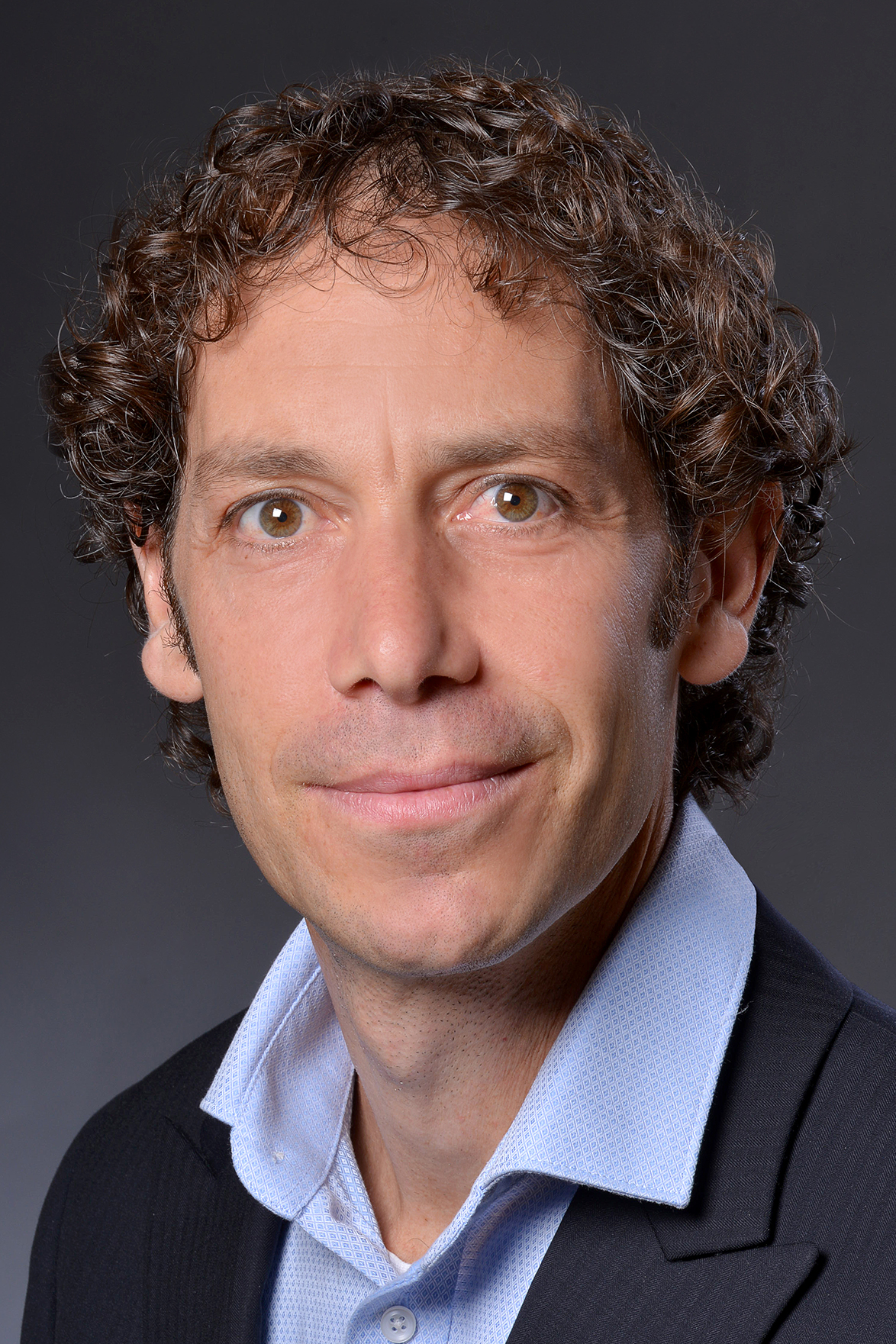 Dr Nir Grossman, Director of MSc Translational Neuroscience and lead on the computational and neuroimaging modules
Dr Nir Grossman, Director of MSc Translational Neuroscience and lead on the computational and neuroimaging modules
What course do you teach on and what is your role?
I am the director of the MSc Translational Neuroscience Course and work with Stefano Sandrone. I also lead the Computation Module (whole cohort) with Shlomi Haar and the Neuroimaging Module (Stream 1). In these modules, I teach the principles of measuring, analysing and modulating brain activities using physical fields such as electric or magnetic fields. In particular, using short lectures and hands-on practices, my teaching introduces the students to physics and neurophysiology underpinning techniques such as electroencephalography (EEG) and non-invasive brain stimulation.
How has your career led you to teach?
I have been teaching science since my undergraduate studies. In the beginning, I tutored fundamental physics to engineers and later taught principles of brain stimulation to clinicians. My teaching is focused on this MSc course, yet in parallel, my group routinely trains researcher groups on non-invasive brain stimulation.
What aspect of the course do you enjoy teaching the most?
I enjoy the challenge of distilling complex scientific or engineering concepts into simple, coherent pictures that facilitate deep understanding. I also like interactive teaching involving students asking challenging questions that we sometimes have never considered. Finally, I am very satisfied with observing the students’ scientific knowledge and capabilities grow during the MSc course.
What do you hope your students will go on to achieve on completion of this course?
Millions of people around the world suffer from untreatable brain disorders. The traditional therapeutic approaches have failed to provide tangible solutions. There is an urgent need for young, talented individuals to help change the devastating destiny of those people in need. I hope this course will give the students the motivation and foundations to do exactly that.
What is your favourite part about teaching at Imperial College London?
At Imperial’s Brain Sciences, we are uniquely embedded in the clinical environment of the NHS, cutting-edge neuroimaging facilities and intermixed with top engineering. There is almost no parallel for this unique translational neuroscience environment worldwide. Teaching in this environment is inspiring for both the teachers and the students.
You have a background in engineering – how do you feel this contributes to your work in the Department of Brain Sciences?
Yes, I have a background in Physics (BSc) and Electromagnetic Engineering (MSc). I moved to Neuroscience during my PhD here at Imperial because I was looking for a meaningful scientific challenge. My physics and engineering education gave me a solid grounding and often unique angles to address the complexity of neuroscientific phenomena. It also allowed the development and/or adoption of the most cutting-edge experimental and computational tools underpinned by advanced physics and engineering.
What would you say to any student thinking about undertaking the MSc in Translational Neuroscience?
I could not imagine something more satisfying than dedicating work to uncovering the mystery of our brain and developing therapies to help the millions of people who suffer from brain disorders. Translational neuroscience practically fuses disciplines from physics, mathematics, chemistry, engineering, computer science, biology, psychology, and neurology. We have a shared mission to understand better and treat the brain, and there is almost infinite room for discoveries and positive impacts on humankind. Imperial’s Brain Sciences is a world leader in the field with an unprecedented mixture of clinical and engineering excellence, providing the ultimate getaway for a meaningful career in translational neuroscience.
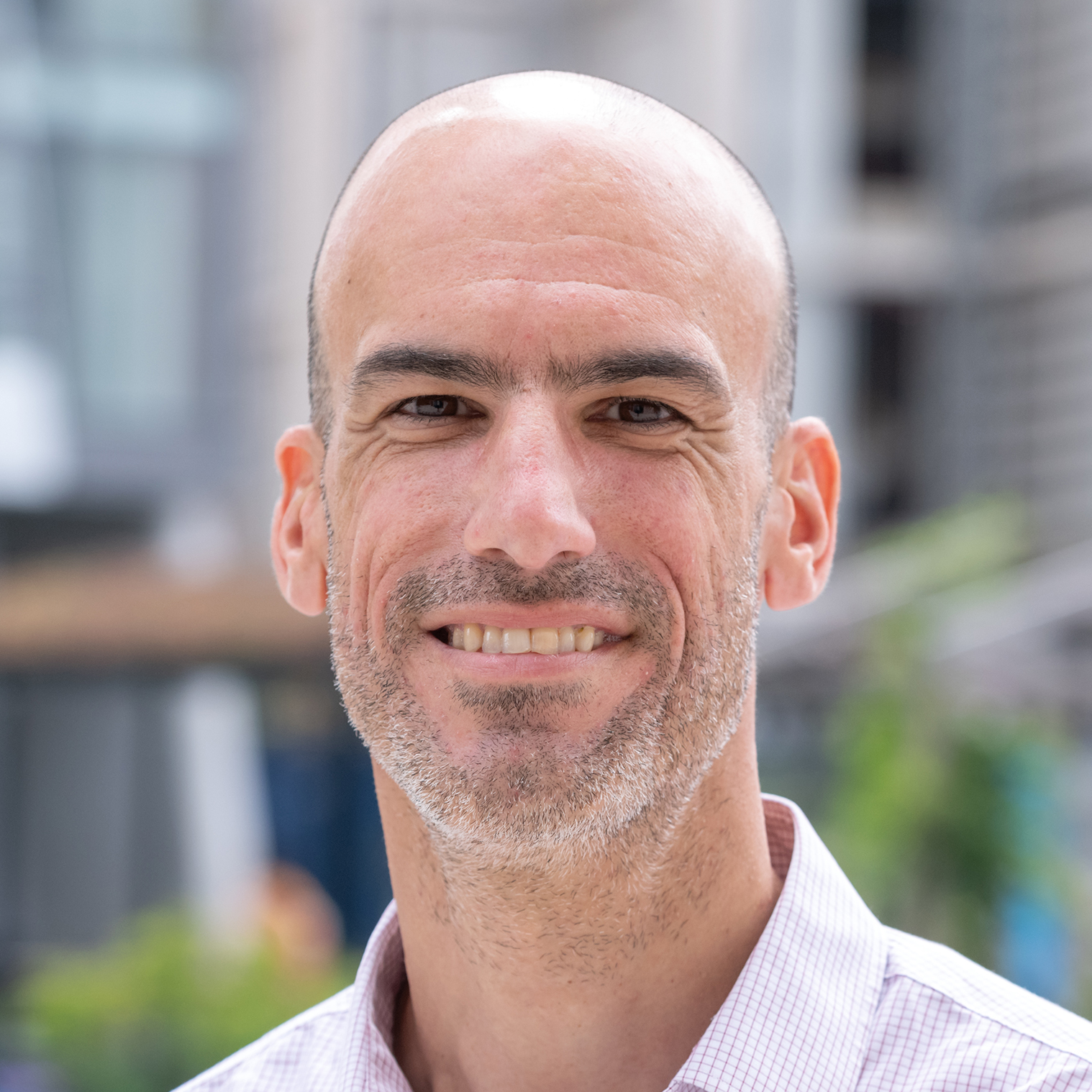 Dr Alexi Nott - Module Lead, iBSc Neuroscience and Mental Health, Lecturer MSc Translational Neuroscience and Departmental Disability Officer
Dr Alexi Nott - Module Lead, iBSc Neuroscience and Mental Health, Lecturer MSc Translational Neuroscience and Departmental Disability Officer
What course do you teach on and what is your role?
I am the Module Lead for the Neuroscience and Mental Health Intercalated BSc programme and the Co-Deputy for the Biology of Ageing Module on the BSc Medical Biosciences programme. I also teach a lecture for the BSc Medical Biosciences and the MSc Translational Neuroscience. I also serve as the Departmental Disability Officer (DDO) for the postgraduate students in Brain Sciences. In this role, I am your first point of contact, and I assist in coordinating with your course the support you may require.
How has your career led you to teach?
My path to teaching started early in my career. While I was a PhD student at University College London, I had the chance to mentor both master's and PhD students. I quickly discovered how fulfilling it was to watch students grow, learn, and develop their own independent ways of thinking. My first formal teaching experience came when I was invited as a postdoctoral fellow to give a few lectures on neurodevelopment to final-year undergraduates at MIT. That opportunity was eye-opening for me. I realised how much I enjoyed sharing my knowledge and helping students see how years of research have shaped our current understanding of complex processes. Whether it is mentoring one-on-one or lecturing to a large class, I find teaching incredibly rewarding at every level. It is amazing to see students’ progress, whether they are just starting out or deep into their studies. Teaching allows me to be part of that journey, helping to shape the next generation of thinkers and professionals.
What aspect of the course do you enjoy teaching the most?
One of the aspects of the Neuroscience and Mental Health Intercalated BSc I have enjoyed the most is leading the journal clubs. It is rewarding to guide the students through the process of understanding and critically appraising research papers. It is a skill that is crucial for any medical professional, and I enjoy helping others to develop that ability. Journal clubs create a space where we can analyse a study’s strengths and weaknesses, explore its implications, and see how it fits into the broader field. I really enjoy seeing students take the lead and present a paper to their colleagues. It is a valuable opportunity for you to practice conveying complex information clearly and confidently, while also sharpening your critical thinking skills as you anticipate questions and defend your analysis.
What do you hope your students will go on to achieve on completion of this course?
The Neuroscience and Mental Health Intercalated BSc is a 1-year course designed to give you a well-rounded understanding of the causes of neurological and mental disorders. Throughout the year, you'll be exploring the origins of common conditions that neurologists and psychiatrists deal with. You will learn about the biological, psychological, and social factors that contribute to these conditions. We will also dive into how this knowledge has been used to develop treatments and interventions to help people who are affected by these disorders. We use a multidisciplinary approach, which gives you a comprehensive view that combines all these perspectives. By the end of the course, you will have a well-rounded perspective on both the origins of these conditions and the approaches used to treat them.
What is your favourite part about teaching at Imperial College London?
My passion lies in understanding how gene regulatory processes affect the different cell types in the brain, especially in relation to brain aging and disease. Teaching at Imperial gives me the opportunity to share that knowledge with others, inspiring and educating the next generation of students. I enjoy interacting with curious minds, engaging in discussions, and seeing the moment when a student grasps a new concept—that’s incredibly fulfilling. It’s not just about passing on information; it’s about sparking that "aha" moment in someone else. Teaching pushes me to think beyond my immediate research area. It challenges me to explore new ideas and stay curious, which has actually led to some innovative ideas in my work. Learning is a lifelong process, and that journey continues well beyond your time here at Imperial. Teaching and learning are two sides of the same coin, and both are essential for growth and innovation.
As the Departmental Disability Officer (DDO), I work closely with the college's Disability Advisory Service (DAS) to ensure you receive the support you need during your time at Imperial. My role involves coordinating with the course team to implement any reasonable adjustments recommended by DAS after discussing them with you. As the DDO, I am also here to assist with specific questions related to your course, as well as addressing challenges in applying our recommendations, handling mitigating circumstances, and arranging additional exam accommodations.
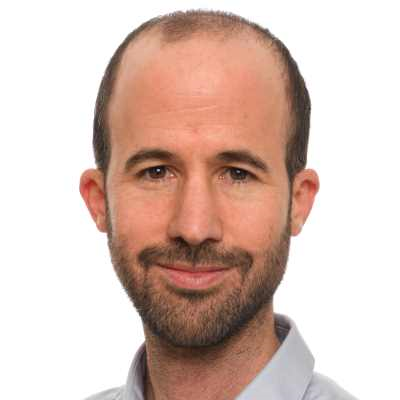 Dr Shlomi Haar, Edmond and Lily Safra Research Fellow and MSc module 3 co-lead (Introduction to Computational Methods for Neuroscience)
Dr Shlomi Haar, Edmond and Lily Safra Research Fellow and MSc module 3 co-lead (Introduction to Computational Methods for Neuroscience)
What are you most looking forward to about joining MSc module 3?
How has your background/career led you to this?
What do you hope your students will go on to achieve on completion of this course?
How do you feel your education contribution fits into the Department?
How do you/will you balance your research and education responsibilities?
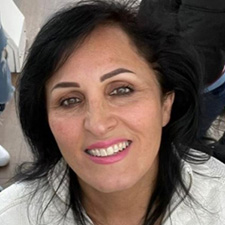 Kathy Abbasirad, e-learning Technologist
Kathy Abbasirad, e-learning Technologist
Who are you and what is/are your role(s) in the Department?
I’m a Learning Technologist with over 15 years of experience at the university. My job is all about helping students and staff get the most out of educational technology. Whether it’s designing new learning strategies, offering training on digital tools, or working with lecturers to make learning even better. I’m also doing a PhD, which means I’m always learning too, and I love bringing fresh ideas into what I do.
Why did you choose a career in education?
I chose a career in education because I’m really passionate about how learning and technology can change lives. Education is such a powerful tool for personal growth and making a difference in the world, and I wanted to be part of that. This career lets me combine my love for teaching, learning, and tech, and most importantly, it gives me the chance to help others reach their full potential.
What have been the highlights of your career so far?
One of the highlights of my career has been leading projects that have really made a difference in how students learn. For example, I played a key role in launching a digital learning platform that’s now a big part of our education here. Another thing I’m really proud of is mentoring and supporting my colleagues, helping them feel more confident and skilled in using technology to enhance their teaching.
What is your favourite or the most rewarding part of your work in the Department?
The best part of my job is seeing how educational technology can really make a difference in your learning. Whether I’m helping a lecturer design a fun online course or assisting students with digital tools, knowing that my work is making your education better is so rewarding. I also love that I’m always learning something new—educational technology is constantly changing, so there’s always something exciting to explore.
What advice would you give to students considering joining one of our courses?
If you’re thinking about joining our courses, my advice is to dive in and make the most of all the opportunities in our forward-thinking environment. Be open to trying new ways of learning, and take full advantage of the resources and support we offer. Don’t be shy about asking questions and getting hands-on with the technology—it can really boost your learning experience. And remember, education is a journey, so stay curious, keep challenging yourself, and enjoy every moment of your time here.
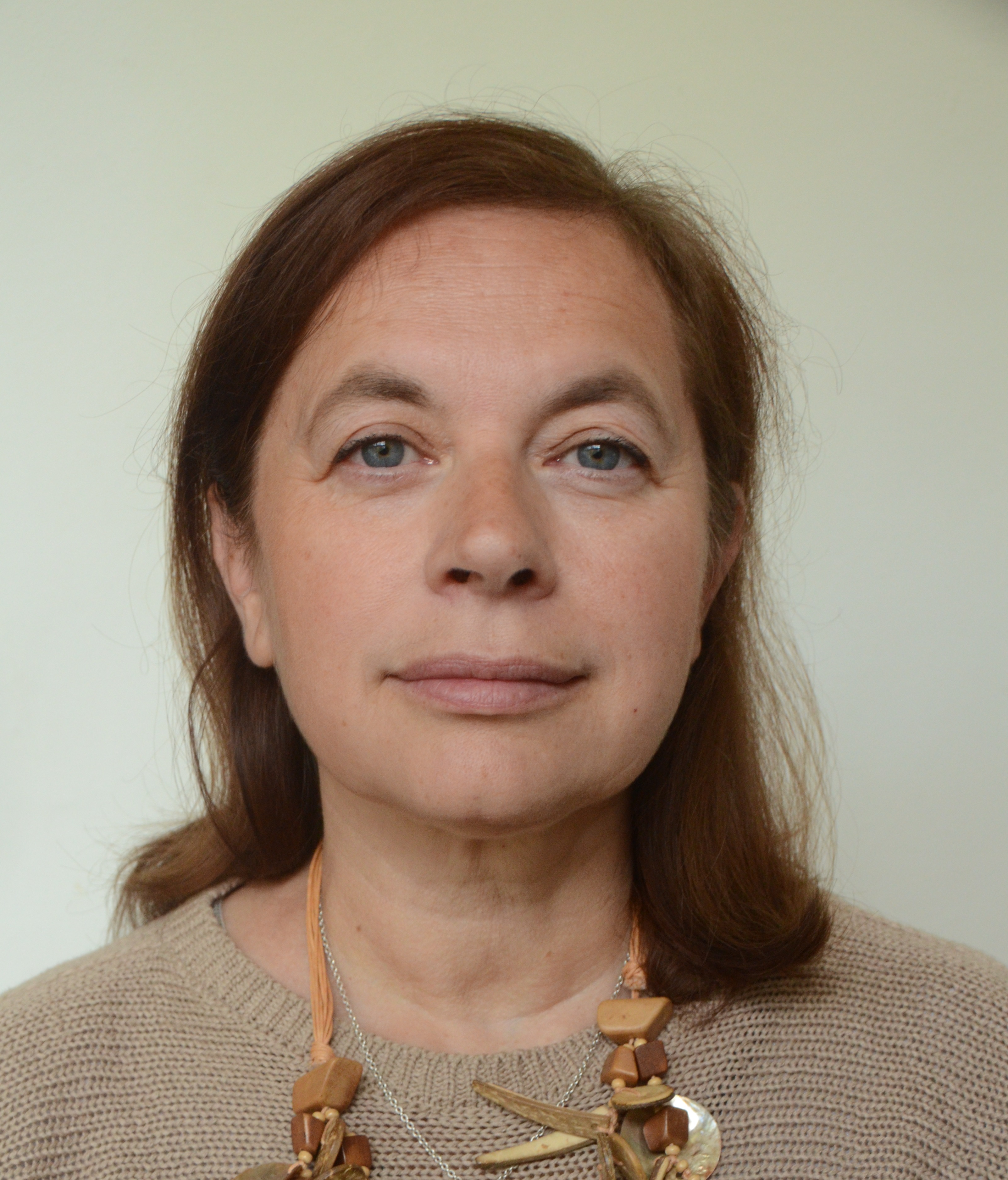 Dr Laura Canevari, Teaching Fellow, module lead for Neuroscience in Y2 BSc Medical Biosciences
Dr Laura Canevari, Teaching Fellow, module lead for Neuroscience in Y2 BSc Medical Biosciences
What course do you teach on and what is your role?
I am a Teaching Fellow, my main role is module lead for Neuroscience, in year 2 of the BSc Medical Biosciences, the “other” undergraduate programme in the Faculty of Medicine. I also contribute to the Neuroscience tutorials for the MBBS Phase 1a and 1b, and run various other sessions. I am also one of the Senior Tutors for the BSc Medical Bioscience course.
How has your career led you to teach?
I did a PhD in Neurobiology in Italy before coming to London. While here I had a few post-doc positions, at the National Institute for Medical Research (now part of the Crick) and UCL Institute of Neurology in Queen Square. Moving into teaching for me was a good option to combine a fulfilling career in an academic setting with raising a young family – so I came to Imperial when the now discontinued Biomedical Sciences programme started in 2006. Designing the Neuroscience module for BSc Medical Biosciences from scratch was very exciting, I still learn so much teaching this module, and I really enjoy sharing the wonders of this fantastic discipline with the students.
What aspect of the course do you enjoy teaching the most?
The BSc Medical Biosciences is a blended, flipped-classroom course – no lectures! Students prepare on the mixed-media e-modules we created, then in the weekly face-to-face sessions apply that knowledge in a range of activities, with a strong emphasis on active learning. I enjoy the fact that the sessions are very interactive, by the end of term I get to know most students individually, it’s great to see them develop their interest and build up the confidence to ask all sorts of questions… It’s very rewarding when you clarify a point and see that little light bulb of understanding!
What do you hope your students will go on to achieve on completion of this course?
I hope to inspire the young generations with a love of this discipline and a passion for research, especially young women going into a career in science. Every year several students ask me for references as they apply for their postgraduate studies in Neuroscience, which makes me very happy.
What is your favourite part about teaching at Imperial College London?
I really enjoy interacting with a student body that is incredibly diverse and international. I also really appreciate Imperial for its extraordinary pastoral support system. As a senior tutor I support students with various welfare issues, the FEO Welfare team are fantastic and the college offers a number of services to support students struggling with difficulties, ranging from disabilities and health issues, to poor mental health, learning difficulties/autism, financial problems, and many more. I feel there is a real concern for students wellbeing and a commitment to make sure no student is left behind.
One of your sessions has an ‘escape room’ focus - can you explain how this works and what students take away from this?
The feedback on this session is always very enthusiastic! it’s a clinical case split in six parts, the students have to apply their knowledge and answer questions related to the case, with the correct answers they obtain codes to open padlocks, passwords to open files, links to QR codes etc., to get to the next part. In the end the winning team reveal the solution to the rest of the class with a little role-play – and get brain-shaped candy! Being competitive Imperial students, they become very engaged, and consolidate their learning while having fun, which is a great motivator.
Dr Sam Barnes, Associate Professor in Neural Plasticity
 What are you most looking forward to about co-leading the MRes?
What are you most looking forward to about co-leading the MRes?
I am most excited about working closely with a talented cohort of students at such a formative stage in their careers. Co-leading the MRes provides a unique opportunity to shape both the scientific content and the research culture of the programme, ensuring that students are not only well trained in technical skills but also inspired to think creatively and collaboratively.
What do you hope your students will go on to achieve on completion of this programme?
I hope our students will leave the programme with the confidence and expertise to pursue ambitious research questions. Whether they go on to doctoral studies, industry, or translational science, my aspiration is that they will carry forward a mindset of curiosity, rigor, and innovation, and ultimately make contributions that improve our understanding of the brain and human health.
How has your career led you to teach?
Throughout my career, I have been fortunate to learn from mentors who combined cutting-edge research with a genuine commitment to training the next generation. As my own research developed, I found teaching to be a natural extension of my scientific work: it allows me to share knowledge, sharpen ideas through dialogue with students, and cultivate the skills and perspectives that I believe are essential for good science.
What aspect of teaching do you enjoy the most?
What I enjoy most is witnessing the moment when a student connects a concept to their own ideas or experiments. Helping students build confidence in their abilities and seeing them develop as independent thinkers is deeply rewarding. The energy and fresh perspectives that students bring often challenge me to re-examine my own assumptions.
How do you feel your education contribution fits into the Department?
The Department thrives on a strong interplay between research and teaching. My contribution aims to bridge these two strengths by integrating current research questions into the classroom and embedding training within the context of real scientific challenges. In this way, I hope to contribute to a culture where education and discovery are mutually reinforcing.
How do you/will you balance your research and education responsibilities?
I see research and education as complementary rather than competing priorities. The insights gained from teaching often stimulate new research questions, while my lab’s discoveries inform the material I bring into the classroom. Practically, balancing both requires careful planning, clear communication with colleagues, and a willingness to adapt. I believe that maintaining this balance is essential for building a vibrant academic environment.
Dr Roberta Magliozzi, Associate Professor of Brain Sciences
What are you most looking forward to about joining the BSc team?
I am looking forward to interact with talented and active students but also with colleagues involved in the student careers.
What do you hope your students will go on to achieve on completion of the BSc?
The students will not only learn about neurological conditions and their clinical and immunopathological features, but they will appreciate the discussion of data, information and experience with colleagues. This will be relevant for their future career in any field.
What other programmes are you teaching on/contributing to this coming year?
I am mainly involved in teaching neuropathology and neuroimmunolgy mechanisms for example related to demyelinating disease, in particular by the research point of view.
How has your career led you to teach?
I have obtained in 2011 my PhD in Neuroscience from Imperial College and then I have translated my studies both in clinical and basic research, contributing not only to better understand the immunopathology of multiple sclerosis but also to involve several students, both undergraduate and postgraduate, stimulating their interest for brain sciences.
What aspect of teaching do you enjoy the most?
I have great attention for the historical background but also for the explanation of modern advanced new methodologies and experimental settings used for the neuroscience studies.
How do you feel your education contribution fits into the Department?
I feel that my previous and actual research activity but also teaching activities in the Italian University will contribute to enlarge the interest of the students, to broaden the topics of discussion and to cover further research fields, such as neuroimmunology and neuropathology.
How do you/will you balance your research and education responsibilities?
Even if I have several new research projects, I am trying to organize my work schedule fairly balancing the research and the teaching activities.